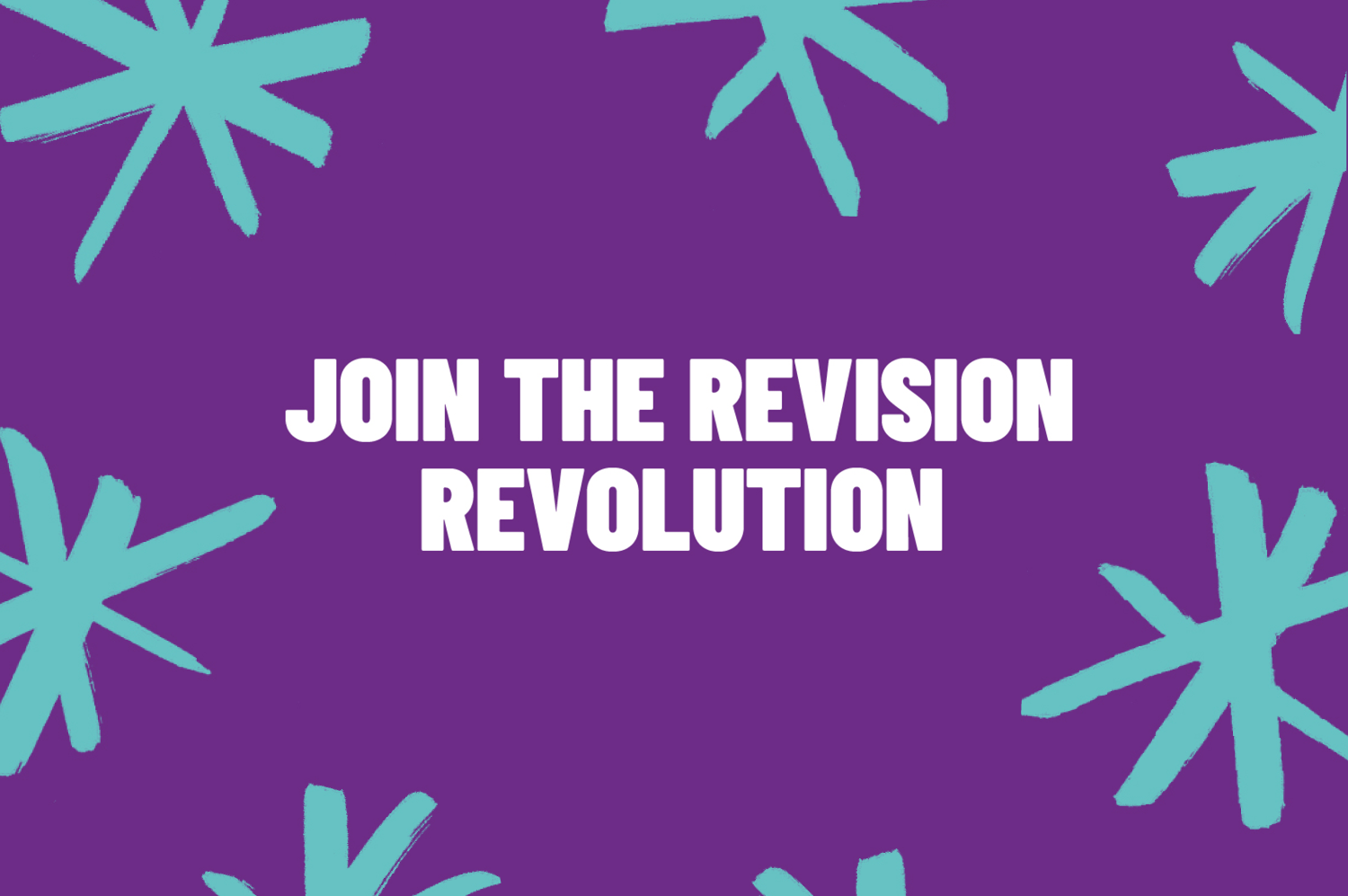How to start a revision revolution

Last year, we launched Oxford Revise—a brand new series of revision guides for GCSE and A Level students developed by our team in the UK.
Becki Bradshaw, Head of Revision and Test Practice, explains how a strong focus on understanding how students learn has helped Oxford Revise bring a revision revolution to the UK.
Why does strong support for students during exams matter?
No matter how long ago in our memory, most of us are still able to recall that period in our lives when we sat our GCSE or high school exams. Over 30 years later, I can still remember frenetic revising, the creation of endless revision cards and revision notes, a carefully mapped-out planner (perfectly drawn) of all the revision that I needed to do, all building up to the day of my first exam. And the nervous anxiety about whether I had done enough and would remember anything when we turned over the paper.
For every generation, this is a familiar experience and ritual of wondering what questions are going to come up and the nerves building up.
What learners really need in that moment is confidence: confidence in their knowledge, confidence in the tools and strategies that recall that knowledge, and confidence that the practice in the run-up to the exam itself has been enough.
So, we saw an opportunity to build on the strong foundations of our Science Oxford Revise titles with a fresh brand and new titles published across a range of core subjects for all the major exam boards. This includes brand new guides in English Language, Maths, Computer Science, Religious Studies, Psychology, Geography, and History, as well as a rebrand of the existing Science titles.

How did you develop the Oxford approach?
Each guide is centred on a three-step Knowledge, Retrieval, Practice approach to help students master the knowledge and skills essential for success. We have harnessed research from cognitive science alongside the practical knowledge of experienced subject teachers to develop this approach so that students know how to revise effectively and make revision stick.
Whatever subject they are studying, students can open up the book and revise with confidence, knowing that they are following the same approach for every subject. So, learners can always expect to find these three simple steps:
- Knowledge: start your revision session with a Knowledge Organiser, which presents and explains all the key information you need.
- Retrieval: check how much you have really learned with some quick-fire recall questions on the Knowledge Organiser. Test your knowledge of previous chapters to make sure that your revision sticks.
- Practice: give yourself loads of practice with exam-style questions so that you are exam ready!

How does your approach to revision support equality and sustainability?
Revision equity is something that we care passionately about. It is particularly troubling that just 52% of disadvantaged young people achieve a minimum grade 4 at GCSE English and Maths—the standard pass level in these key subjects—compared to 72% of non-disadvantaged students.
So, to help we are donating 20% of all English Language and Maths Oxford Revise guide orders for free to any school in England that places an order directly from OUP, so teachers can donate them to students who otherwise couldn’t afford them. The 20% figure reflects the national average of students on free school meals, a widely used measure in the UK for those students who need extra support. This is on top of existing discounts for schools.
Learners also care passionately about the environment and the climate. To reduce our footprint, we print all Oxford Revise book titles in the UK on FSC sustainable paper using vegetable-based inks.
Find out more about how to supercharge your revision with Oxford Revise.




